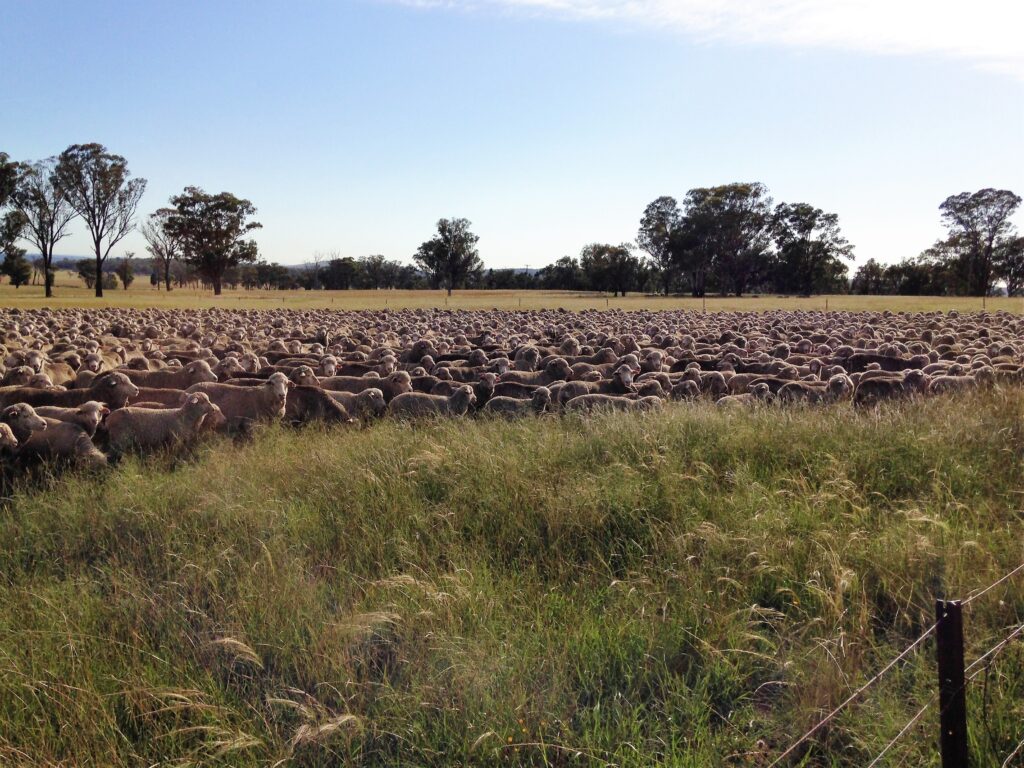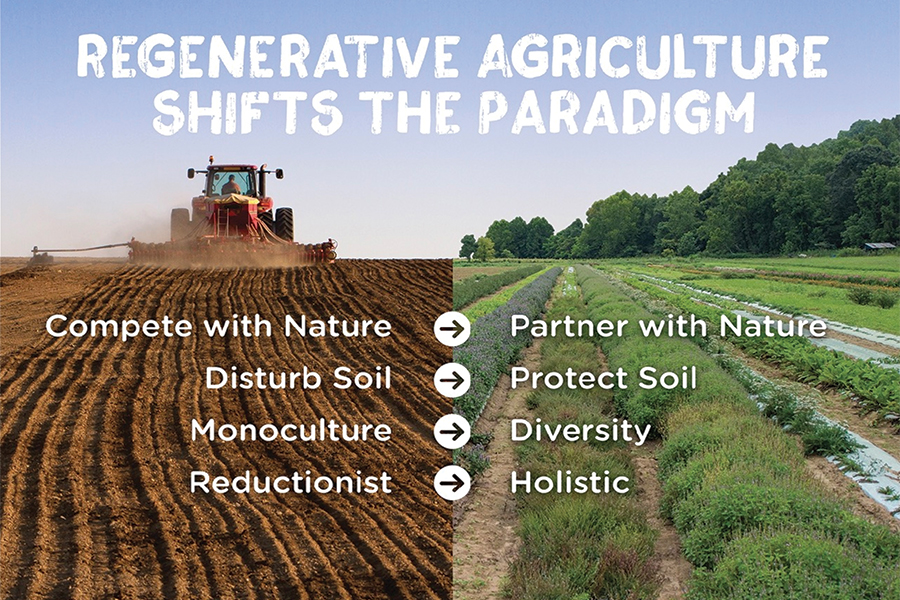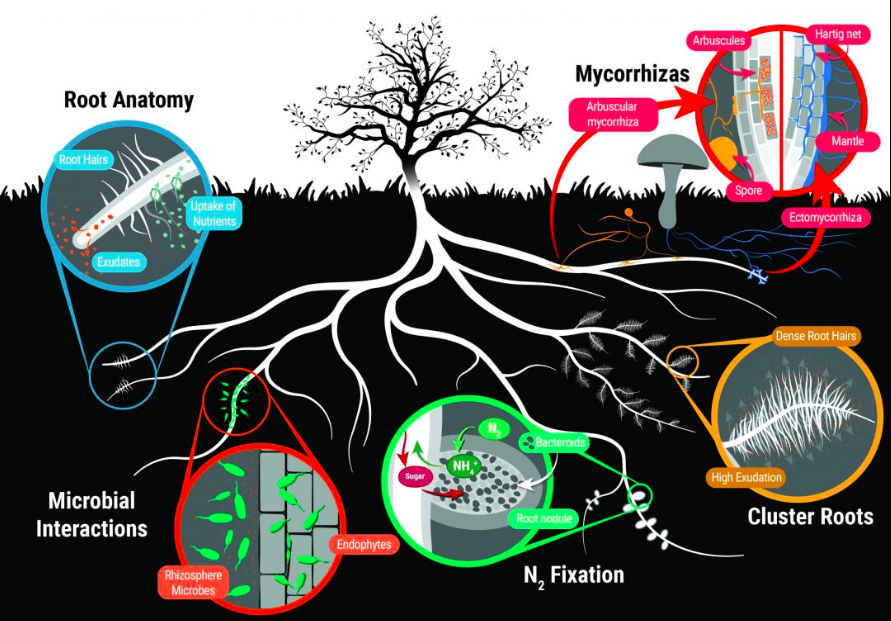Nurture Nature

NURTURE NATURE
Nurturing nature on the farm is essential for creating a sustainable and productive agricultural environment. Every element of the farm ecosystem plays a vital role in maintaining the necessary balance.
Healthy soil is the foundation of any farm. It teems with life—worms, bacteria, fungi—all working together to break down organic matter and nourish your crops. Regular testing, soil observation and organic amendments, such as compost or manure, can significantly improve soil health. These amendments increase the soil’s organic content, enhancing its structure and fertility, leading to better water retention and aeration. Additionally, healthy soil supports robust plant growth, which in turn feeds back into the system by providing more organic material as plants die and decompose.
Efficient water management is crucial, as water is the lifeblood of your farm. Mindful water usage also includes practices like mulching, which helps retain soil moisture and reduces evaporation.
Biodiversity on the farm enhances resilience against pests and diseases. Encouraging a variety of plants and animals creates a balanced ecosystem where natural predators keep pest populations in check. This can be achieved through practices like companion planting, where certain plants are grown together to benefit each other, such as repelling pests or providing shade. Incorporating cover crops can also improve soil health and provide habitat for beneficial insects.
Sustainable farming practices are crucial for long-term viability. Crop rotation, for instance, prevents soil depletion and pest buildup by varying the types of crops grown in each field over time. This disrupts pest life cycles and reduces the risk of soil-borne diseases. Companion planting pairs up compatible crops to boost growth and repel pests, enhancing overall farm productivity. For example, planting marigolds with tomatoes can help deter nematodes. Organic farming eliminates synthetic chemicals, relying on natural alternatives like compost, green manure, and biological pest control, which benefit both the environment and human health.
By reducing the frequency and intensity of tillage, farmers can maintain soil organic matter and improve water infiltration. Techniques such as pasture cropping help protect the soil from erosion and compaction, promoting healthier root systems and better plant growth.
Incorporating native grasslands into farm management offers numerous benefits. These grasslands support biodiversity, providing habitats for a wide range of plant and animal species, including pollinators and natural pest predators. Native grasses enhance soil structure and fertility through their deep root systems, which improve soil aeration and increase organic matter content. They also improve water retention and reduce erosion by stabilizing the soil. Native grasslands require low maintenance, as they are well adapted to local conditions and typically need no inputs other than grazing management to preserve the the diverse range of species.
While challenges like weed management and soil erosion exist, solutions such as mulching and cover crops can address these issues effectively. Mulching helps suppress weeds and retain soil moisture, while cover crops protect the soil surface from erosion and improve soil health. Swales can reduce soil erosion and runoff, making farming on hilly terrain more sustainable.
Success stories worldwide demonstrate the positive impact of sustainable practices. Farmers who adopt these methods often see increased yields, improved soil health, and greater resilience to climate extremes. For instance, many organic farmers have reported higher long-term productivity and lower input costs compared to conventional farming systems. These success stories highlight the importance of nurturing nature for a thriving agricultural future, showing that sustainable farming practices can lead to both environmental and economic benefits.







Responses